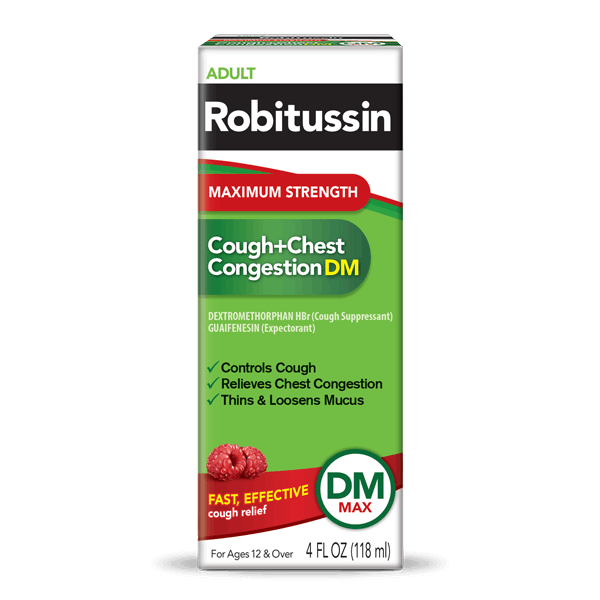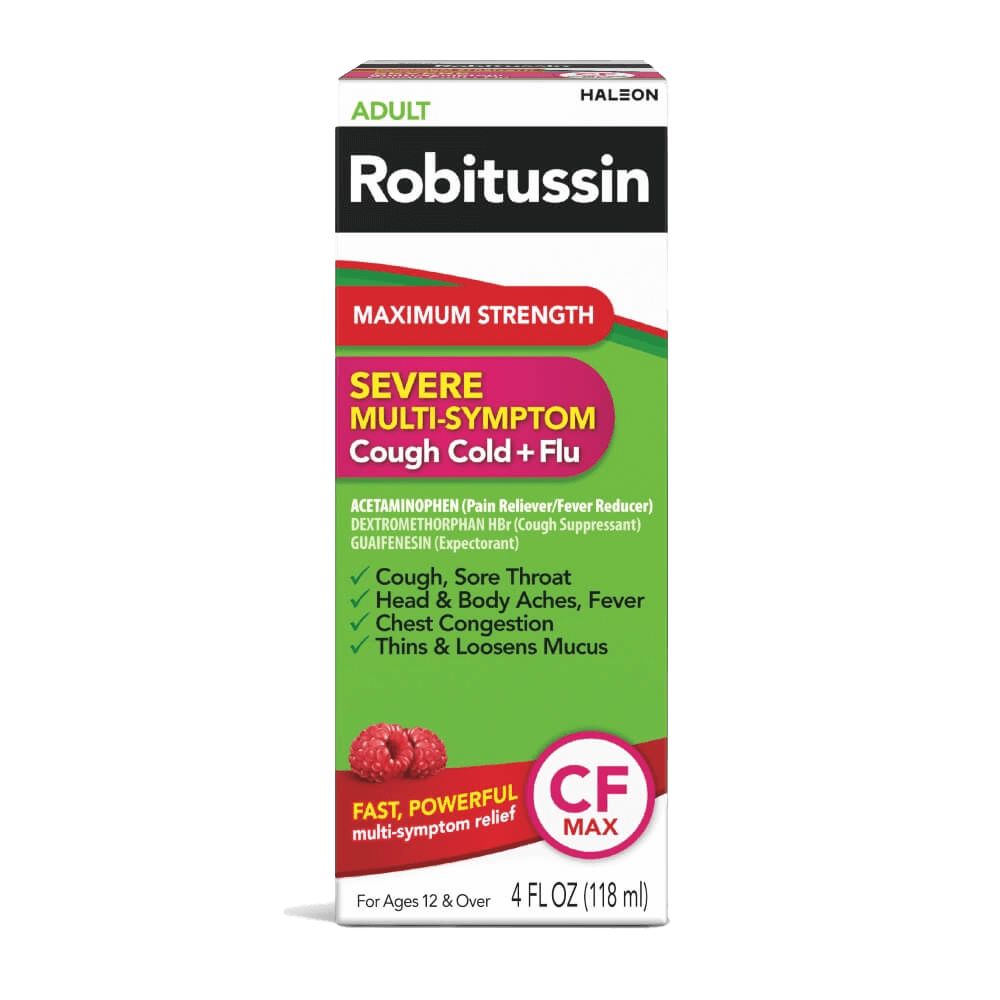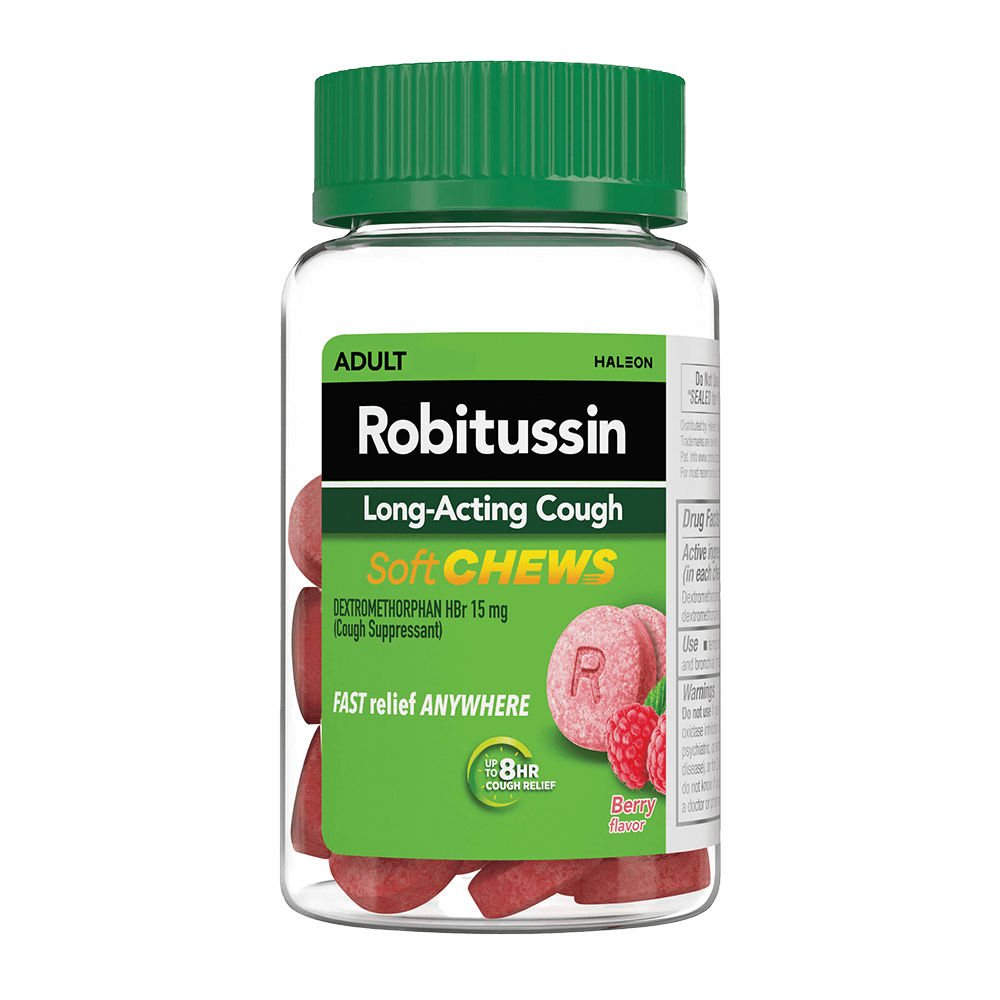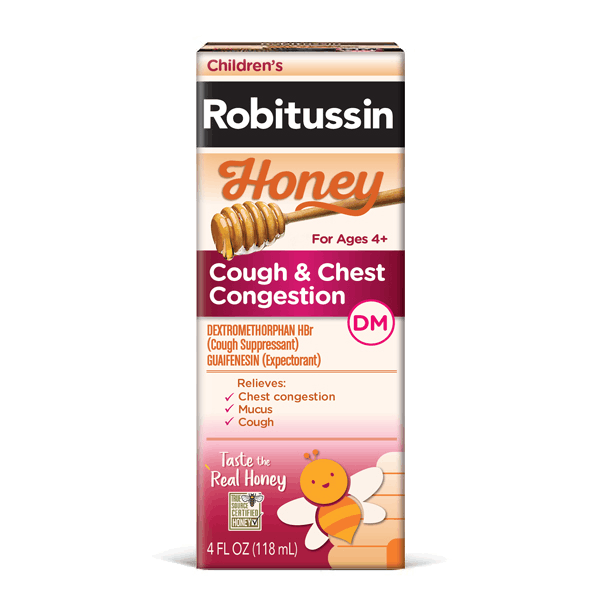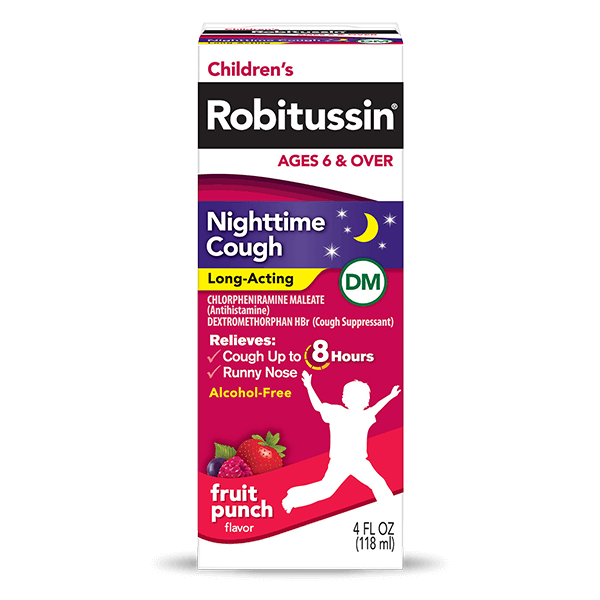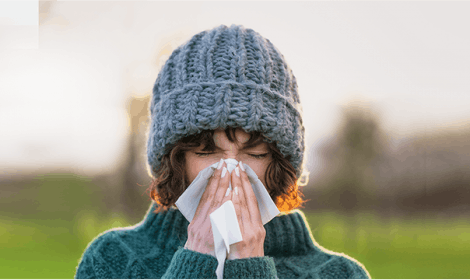Mucus vs. Phlegm
Whether you’re suffering from a cold, the flu or allergies your body may produce an excess amount of mucus – particularly in your nose and sinuses, throat or lungs. Depending on the type of infection, this excess mucus can sometimes be dangerous as it can clog your airways and be an indicator for other health issues. What’s important is to understand the various cause(s) of this mucus build-up and how to treat it to find relief.

The following frequently asked questions should help provide insight into your experience with excess mucus in your throat and how you may be able to treat it with an appropriate mucus and cough medicine.
Q: Are mucus and phlegm the same?
A: Essentially, yes. Phlegm is the term used to describe mucus that is produced by the respiratory system. When you’re suffering from an infection (such as a chest cold), the phlegm contains both the virus/bacteria causing the infection as well as your body’s white blood cells that are battling the infection. Phlegm contains mucus membranes, and it’s made by your respiratory system to help combat inflammation.1
Please consult a doctor or physician to check on mucus symptoms, when it could be something other than a cough, cold or flu symptom.
Q: Are phlegm and excess mucus dangerous?
A: Possibly. Excess phlegm in your throat and chest can clog your airways if left unaddressed.
Please consult a doctor or physician to check on mucus symptoms, when it could be something other than a cough, cold or flu symptom.
Q: How do I know if I have excess mucus?
A: While too much mucus in your throat and elsewhere can cause discomfort, your body needs a certain amount of mucus for important functions. Mucus is made by the cells in your throat, mouth, nose and sinuses to protect, moisturize and trap potentially harmful particles.1 Your body makes around one to two quarts of mucus per day.2
When you’re sick, that scratchy sore feeling at the back of your throat can often be caused by excess mucus. Throat irritation and soreness is typically due to a post-nasal drip and cough. Excess mucus and phlegm can build up in your throat and start to drain down it, causing post-nasal drip, a cough, the urge to clear your throat and hoarseness.2
Q: How do I get rid of excess mucus?
A: There are many over the counter (OTC) mucus and cough medicines designed to help manage excess mucus. Taking a medication that includes an expectorant like Guaifenesin can help by thinning and loosening the mucus associated with a productive cough.
In addition to OTC medications, experts recommend the following tips for loosening your excess mucus:1
- Stay hydrated
- Add a humidifier
- Use a saline nasal spray
- Gargle with salt water
- Use eucalyptus products.
Q: What if I have excess mucus when I’m not sick?
A: If you’re experiencing excess mucus regularly, you should monitor your symptoms closely and consider speaking to your doctor. Your body can produce excess mucus when you have the following:1
- A cold
- Irritated sinuses
- Active allergies
- Exposure to smoke or polluted air.
Please consult a doctor or physician to check on mucus symptoms, when it could be something other than a cough, cold or flu symptom.
Q: Is excess mucus really a “bad” thing?
A: It depends. Mucus in general is a natural component of your body and is important to overall body functions and well-being. Mucus traps irritants that have entered your body and removes them whenever you cough or sneeze.
Additionally, mucus can be an effective indicator for your overall health. For example, pink or reddish mucus could be an indicator of fluid with small traces of blood in your lungs (pulmonary edema). Mucus with streaks of blood could be a sign of anything from bronchitis to serious issues like tuberculosis (TB), pneumonia or cancer.
It is important to note that mucus color alone should not be used as a diagnostic tool for your health. Please consult a doctor or physician to check on mucus symptoms, when it could be something other than a cough, cold or flu symptom.
Excess mucus may be indicative of a more serious underlying problem when it’s accompanied by the following symptoms:1
- Fevers
- Chills
- Night sweats
- Weight loss
- Nasal obstructions
- Intermittent nose bleeds for more than two weeks.
If in doubt or if you are experiencing any of these symptoms, please consult a doctor or physician.
Q: Does the color of my phlegm matter?
A: Yes. Your phlegm’s color can provide insight into your current state of your health. Clear mucus can be an indication of “allergies,” but gray, white or green/yellow phlegm is an indicator that you’re probably suffering from a bacterial or viral infection in your respiratory system.
Phlegm that is gray or white is a sign of an upper respiratory infection. You are probably coughing up this kind of phlegm because mucus drained to the back of your throat from your sinuses. Gray phlegm could also be an indicator that your body is trying to release toxins inhaled from large amounts of air pollutant, including cigarette smoke.
Dark, yellow or green phlegm could be a sign of a viral or bacterial, sinus or lower respiratory infection. The hue occurs as your body sends neutrophils (white blood cells) to the area of infection. These cells contain a protein causing the mucus to appear green when present in excess amounts.
Overall, pay attention to your cold or flu symptoms and the excess mucus they can cause. Knowing what your body is suffering from can help you fight it and find relief. Robitussin Maximum Strength Elderberry Cough + Chest Congestion DM is a great place to start because it contains the powerful cough suppressant dextromethorphan, which works for up to 12 hours to help control your cough. Plus, this cough medicine also thins and loosens mucus by increasing the amount of water in your secretions, helping to clear congestion of phlegm and making it easier for you to breathe.
Please consult a doctor or physician to check on mucus symptoms, when it could be something other than a cough, cold or flu symptom.
Source Citations:
- Phlegm and Mucus: How To Get Rid of It. Cleveland Clinic. https://health.clevelandclinic.org/mucus-and-phlegm-what-to-do-if-you-have-too-much/. Accessed 11/10/22.
- Postnasal Drip: Symptoms & Causes. Cleveland Clinic. https://my.clevelandclinic.org/health/diseases/23082-postnasal-drip. Accessed 11/10/22
